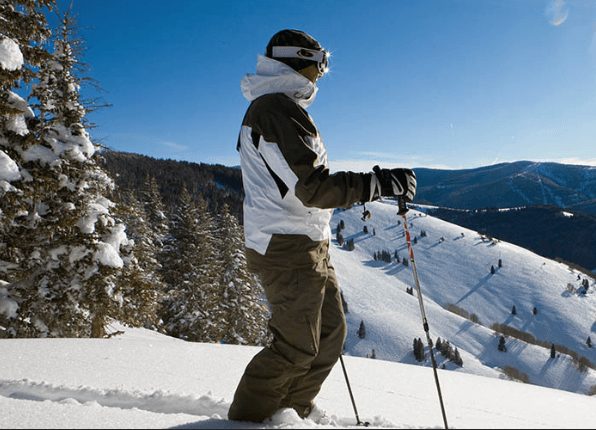
Your ski trip to Colorado is fast approaching. You managed to find all your ski gear as the mix of the excitement and stress of traveling grows. But is your heart prepared for high altitude? And are you at risk for sudden cardiac arrest?
The Effects of High Altitude on the Body
Traveling from your lower altitude home to the slopes in Colorado immediately starts changes in the body. The amount of oxygen-carrying red blood cells circulating when you arrive is not sufficient to oxygenate your systems sufficiently at first. This can negatively impact your immediate health.
Each body is different. Hormones, blood sugar, the thickness of your blood, and lung function are also affected when you arrive, ready to jump on that first ski lift. Other factors like stress levels, physical fitness, age, gender, and medical conditions all play a complex part in whether you are likely to experience sudden cardiac arrest.
The Facts About Sudden Cardiac Arrests and Skiing
With just over 14 million visitors to Colorado’s high country last year, the statistical occurrence of sudden cardiac arrests is high. In fact, it is the leading cause of non-traumatic deaths because snow skiing remains popular among older adults. Around 50% of all deaths in the mountains are attributed to sudden cardiac arrest; half of these happen on the first day of arrival.
In addition, many lower-altitude visitors are not accustomed to vigorous exercise. A history of a previous heart attack can also increase your chances of a cardiac event on that perfect ski day.
Tips for Lowering Your Risks at High Altitude
Before you plan a trip to any Colorado ski area, talk to your Primary Care Provider. They can give you the official thumbs up for a safer trip. Inform your provider of your plans, allowing them to educate you on lowering risks for sudden cardiac arrest especially if you have a history of coronary artery disease, heart attack, heart failure, stroke, high cholesterol, high blood pressure, heart rhythm abnormalities, obesity, diabetes, or lung diseases. They may also modify your medications.
Start with some simple steps for success:
~Take it easy the first 24 hours in Colorado and plan some fun but less vigorous activities that first day.
~Hydrate your body well with water and electrolyte drinks.
~Avoid or reduce alcohol consumption.
~Get quality rest.
~Update your knowledge about the warning signs of sudden cardiac arrest and increase your survival.
~Be prepared for an emergency.
~Identify the nearest hospital in town.
~Ask where the nearest Automated External Defibrillator (AED) device is located wherever you go during your travels in the High Country. (For example--ski resorts, restaurants, casinos, hotels, grocery stores, etc.)
~Wearing a smartwatch for monitoring your heart rate, blood pressure, and heart rhythm can help alert you to changes fast.
~Before you jump on the first ski lift, ask how to contact the ski patrol if you were to sense any signs of distress.
~Carry a list of your medical history and current medications with you for better care from emergency medical personnel.
Start a consistent exercise regime before you arrive in Colorado. Being a “weekend warrior” puts your heart at a disadvantage. About 150-300 minutes of moderate exercise a week can help lower your risks and is recommended months in advance to give your heart a fighting chance. Again, ask your Primary Care Provider for recommendations specific to your current fitness level and medical diagnoses.
You may have seen AED devices in malls or airports before, but do you and those traveling with you know how to use one? Make sure everyone learns how to use this simple life-saving device before your high-altitude mountain vacation. A precious life may depend on it.
